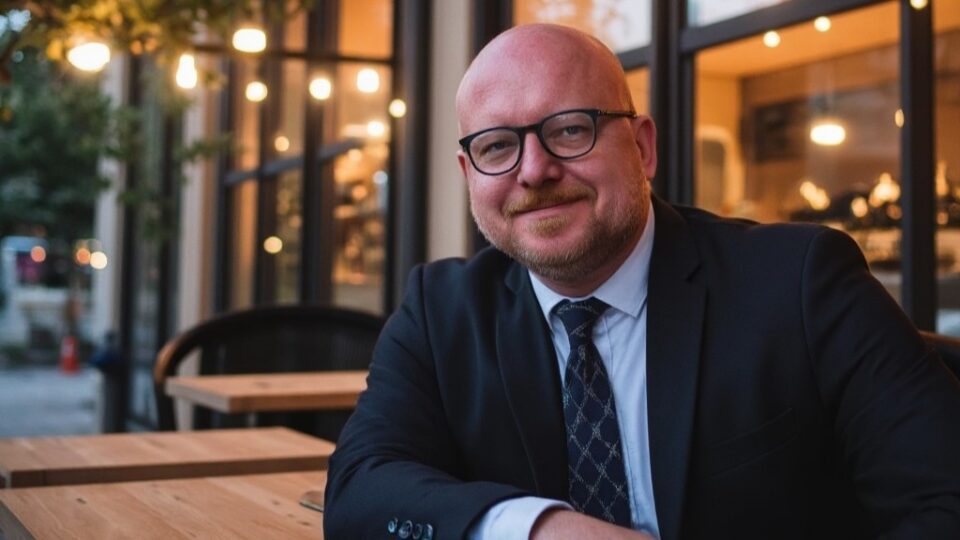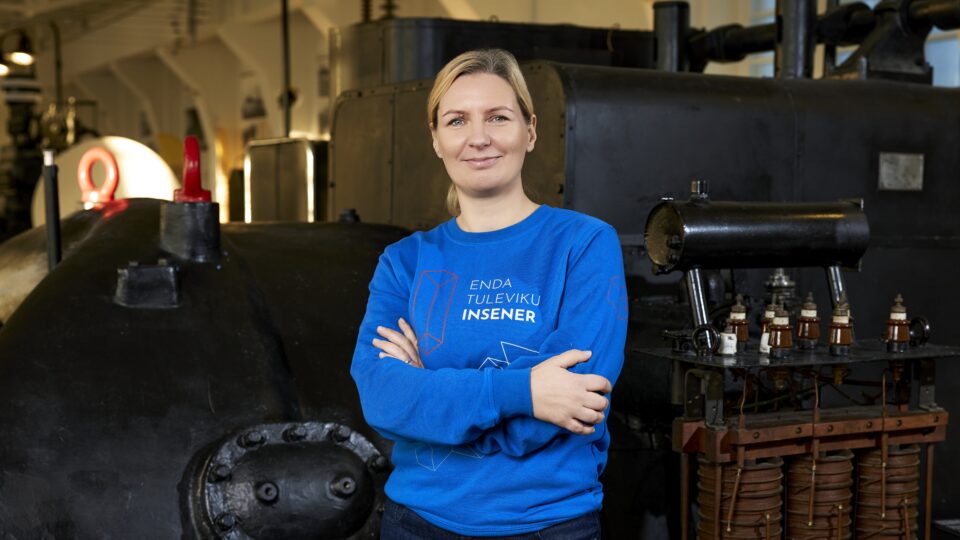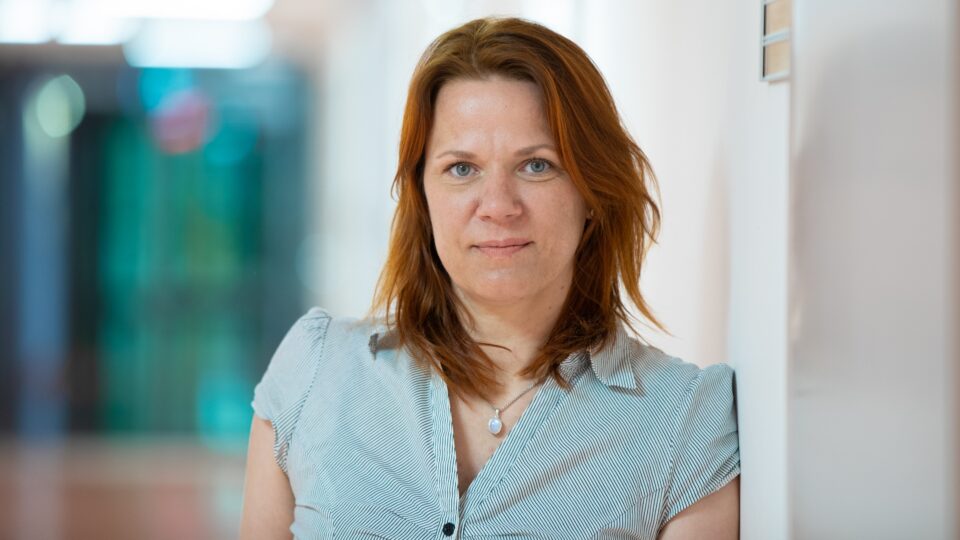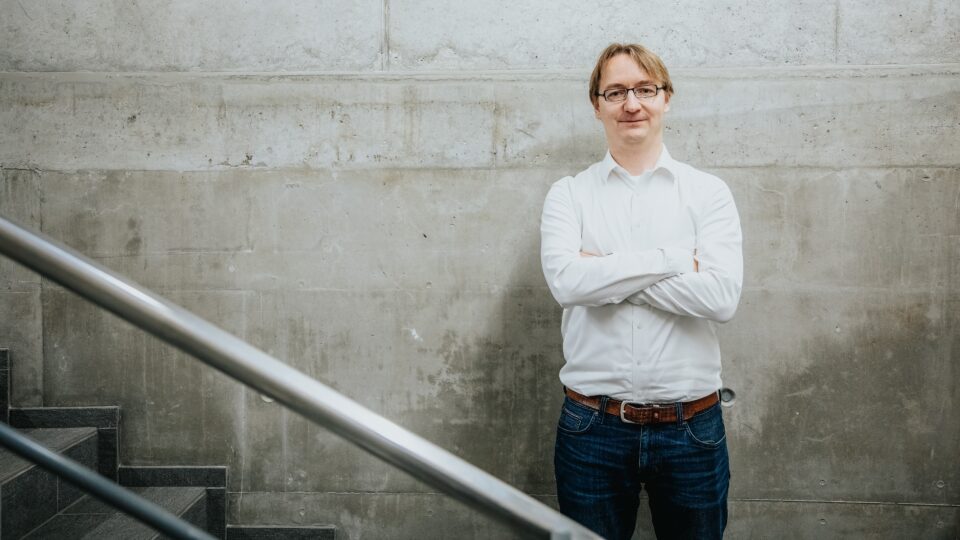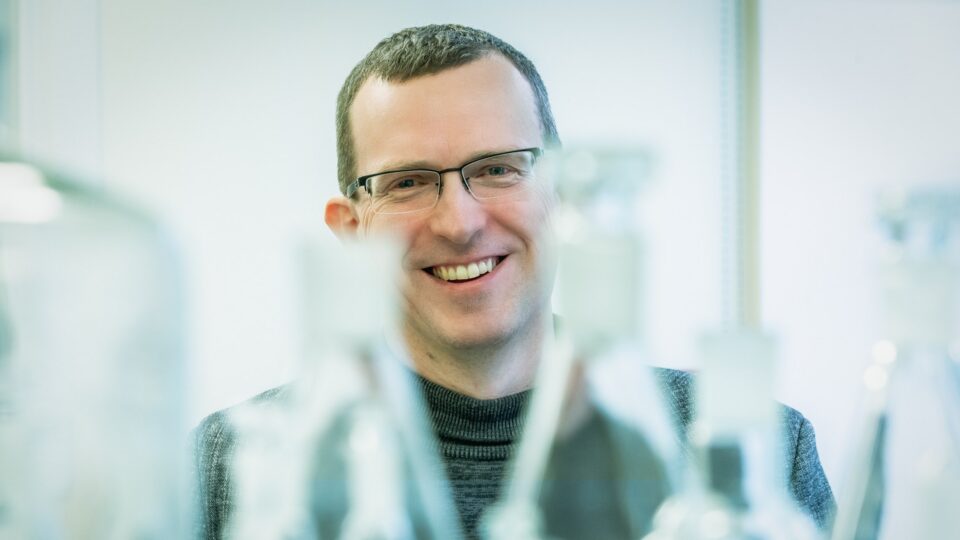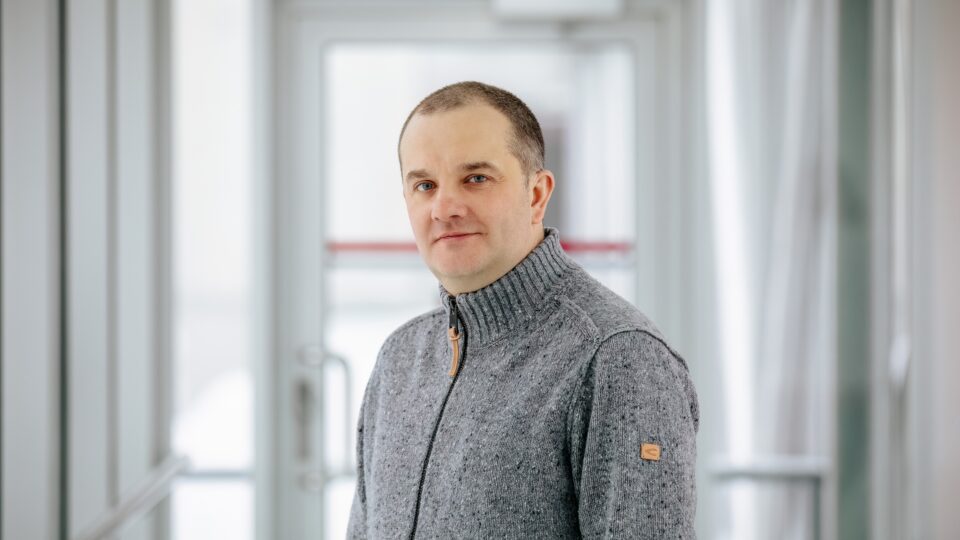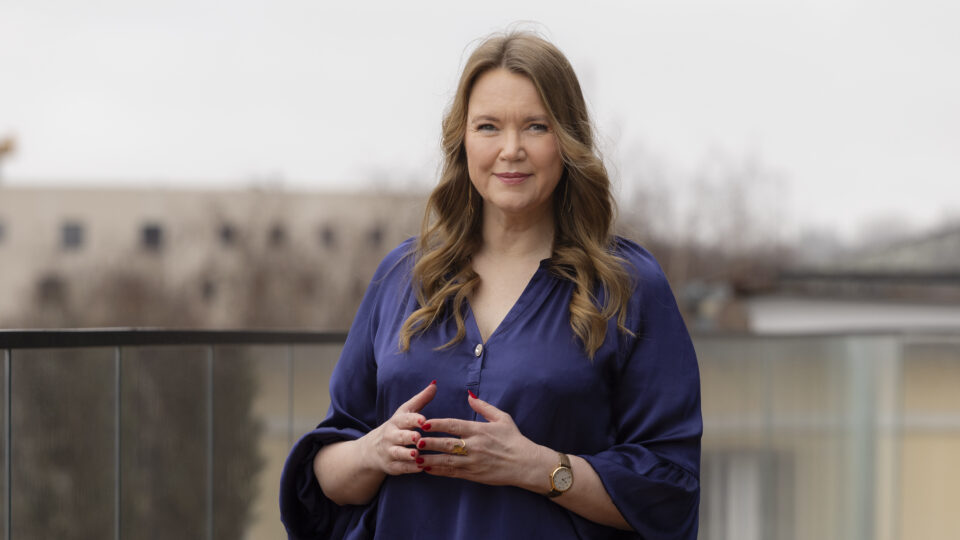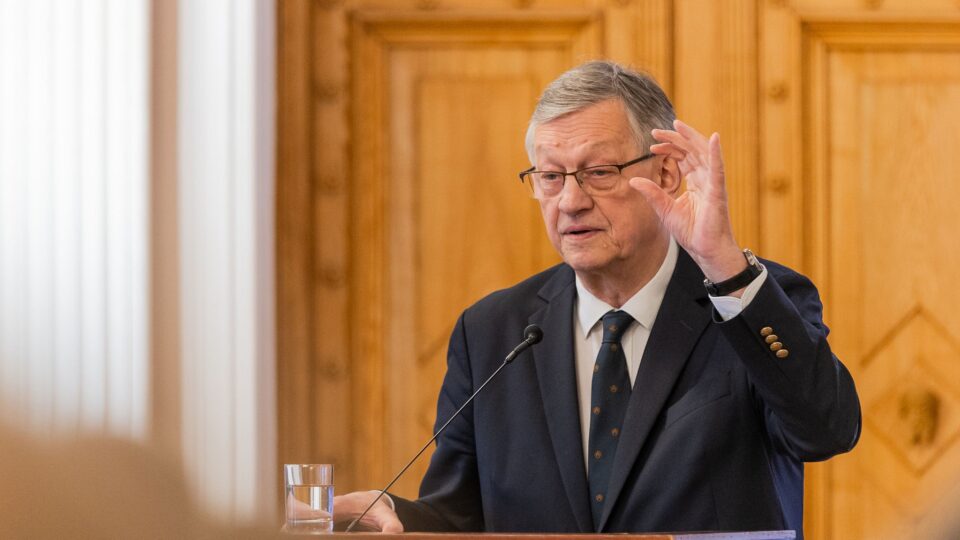The future in which our children will live doesn’t ask if we are ready – it simply arrives, and we must decide what role we leave for humans in it.
Opinion
Young people don’t choose a career in a vacuum – they are influenced by teachers, role models, and societal attitudes. To inspire more of them, especially girls, to pursue engineering and ICT, these fields need to be visible and familiar well before the moment of decision.
For the first time, Estonia has been rated a fully democratic country – but do we know how to use that freedom to listen to scientists and care for the planet, asks Mari Öö Sarv on the occasion of Earth Day.
Estonia needs a new leap in development in the age of artificial intelligence – and the key figures in this are AI engineers who know how to develop and steer future technologies.
Opposing science and faith has become customary in the West – but what if the two are, in fact, inseparable?
Artificial intelligence has established itself, but its true role in our society is still unfolding – and universities play a decisive part in this.
Denying human-induced climate change is like denying a solar eclipse by arguing that it is also dark at night. Erik Puura explains why climate change is a fact and how humanity has already successfully tackled an environmental crisis once before.
Estonia’s bioindustry is ready for its next leap, where biomass valorization and innovation open doors to sustainable economic growth and global competitiveness.
Even in climate change science and scientific-based policymaking, ideology and activism must be left at the door, writes Annela Anger-Kraavi, head of the Climate Change Policy Research Group at the University of Cambridge.
Estonia's future depends on the balanced development of scientific and applied research, the implementation of high technologies, and the ability of the Tallinn University of Technology to bring innovation into industry and international collaboration networks.
